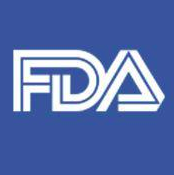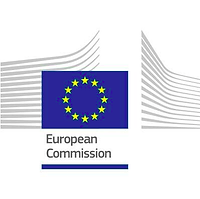The European Commission (EC) has drafted a new proposal on setting mandatory benchmark levels for acrylamide within the food industry.
Acrylamide is a chemical that naturally forms in starchy food products during every-day high-temperature cooking. It is most commonly associated with potato chips, coffee, crispy and soft breads and other foods via cooking methods like frying, baking, roasting or otherwise browning. In June 2015, the European Food Safety Authority published its scientific opinion on acrylamide, stating that its presence in food is in fact linked to cancer in consumers of all ages.
Specifically, the EC is asking food producers to find ways to reduce acrylamide levels in food products such a cereals, breads, crackers and biscuits. Factors that may affect acrylamide limits include geographic conditions, product characteristics, production needs and safety requirements. If set benchmark levels are exceeded, food producers would then be required to review their methods and make processing adjustments to follow going forward.
The EC is currently discussing their draft proposal with Member States. A vote on the matter is expected this month after previous attempts to set acrylamide limits in 2016 failed.
Related article:
EFSA: Frying, Baking and Roasting Increases Risk of Acrylamide Exposure and Cancer




